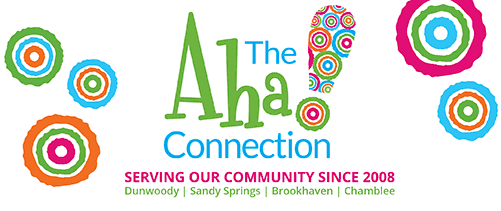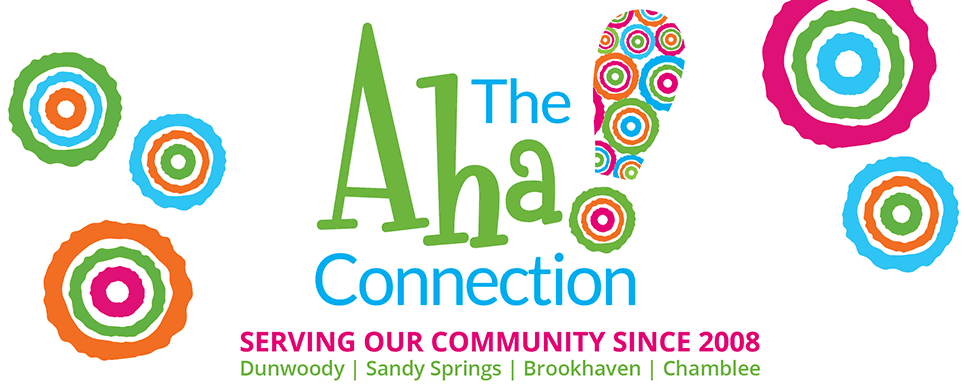 Click here for original Article from About.com
Click here for original Article from About.com
Hanukkah is a Jewish holiday celebrated for eight days and nights. It starts on the 25th of the Jewish month of Kislev, which coincides with late November-late December on the secular calendar.
In Hebrew, the word “hanukkah” means “dedication.” The name reminds us that this holiday commemorates the re-dedication of the holy Temple in Jerusalem following the Jewish victory over the Syrian-Greeks in 165 B.C.E.
The Hanukkah Story
In 168 B.C.E. the Jewish Temple was seized by Syrian-Greek soldiers and dedicated to the worship of the god Zeus. This upset the Jewish people, but many were afraid to fight back for fear of reprisals. Then in 167 B.C.E. the Syrian-Greek emperor Antiochus made the observance of Judaism an offense punishable by death. He also ordered all Jews to worship Greek gods.
Jewish resistance began in the village of Modiin, near Jerusalem. Greek soldiers forcibly gathered the Jewish villages and told them to bow down to an idol, then eat the flesh of a pig – both practices that are forbidden to Jews. A Greek officer ordered Mattathias, a High Priest, to acquiesce to their demands, but Mattathias refused. When another villager stepped forward and offered to cooperate on Mattathias’ behalf, the High Priest became outraged. He drew his sword and killed the villager, then turned on the Greek officer and killed him too. His five sons and the other villagers then attacked the remaining soldiers, killing all of them.
Mattathias and his family went into hiding in the mountains, where other Jews wishing to fight against the Greeks joined them. Eventually they succeeded in retaking their land from the Greeks. These rebels became known as the Maccabees, or Hasmoneans.
Once the Maccabees had regained control they returned to the Temple in Jerusalem. By this time it had been spiritually defiled by being used for the worship of foreign gods and also by practices such as sacrificing swine. Jewish troops were determined to purify the Temple by burning ritual oil in the Temple’s menorah for eight days. But to their dismay, they discovered that there was only one day’s worth of oil left in the Temple. They lit the menorah anyway and to their surprise the small amount of oil lasted the full eight days.
This is the miracle of the Hanukkah oil that is celebrated every year when Jews light a special menorah known as a hanukkiyah for eight days. One candle is lit on the first night of Hanukkah, two on the second, and so on, until eight candles are lit. You can learn more about the hanukkiyah in the article: What Is a Hanukkiyah?
Hanukkah Traditions
Every community has its unique Hanukkah traditions, but there are some traditions that are almost universally practiced. They are: lighting the hanukkiyah, spinning the dreidel and eating fried foods.
- Lighting the hanukkiyah: Every year it is customary to commemorate the miracle of the Hanukkah oil by lighting candles on a hanukkiyah. The hanukkiyah is lit every night for eight nights. Learn more about the hanukkiyah in: What Is a Hanukkiyah? | How to Light the Hanukkah Menorah | Hanukkah Candle Lighting Blessings.
- Spinning the dreidel: A popular Hanukkah game is spinning the dreidel, which is a four-sided top with Hebrew letters written on each side. Read The Hanukkah Dreidel to learn more about the dreidel, the meaning of the letters and how to play the game. Gelt, which are chocolate coins covered with tin foil, are part of this game.
- Eating fried foods: Because Hanukkah celebrates the miracle of oil, it is traditional to eat fried foods such as latkes and sufganiyot during the holiday. Latkes are pancakes made out of potatoes and onions, which are fried in oil and then served with applesauce. Sufganiyot (singular: sufganiyah) are jelly-filled donuts that are fried and sometimes dusted with confectioners’ sugar before eating. Learn more about Hanukkah food traditions: Hanukkah Food Traditions | What Is a Latke?
In addition to these customs, there are also many fun ways to celebrate Hanukkah with kids. Check out this article for more about traditional and modern ways to celebrate the holiday: Hanukkah Traditions for Kids






